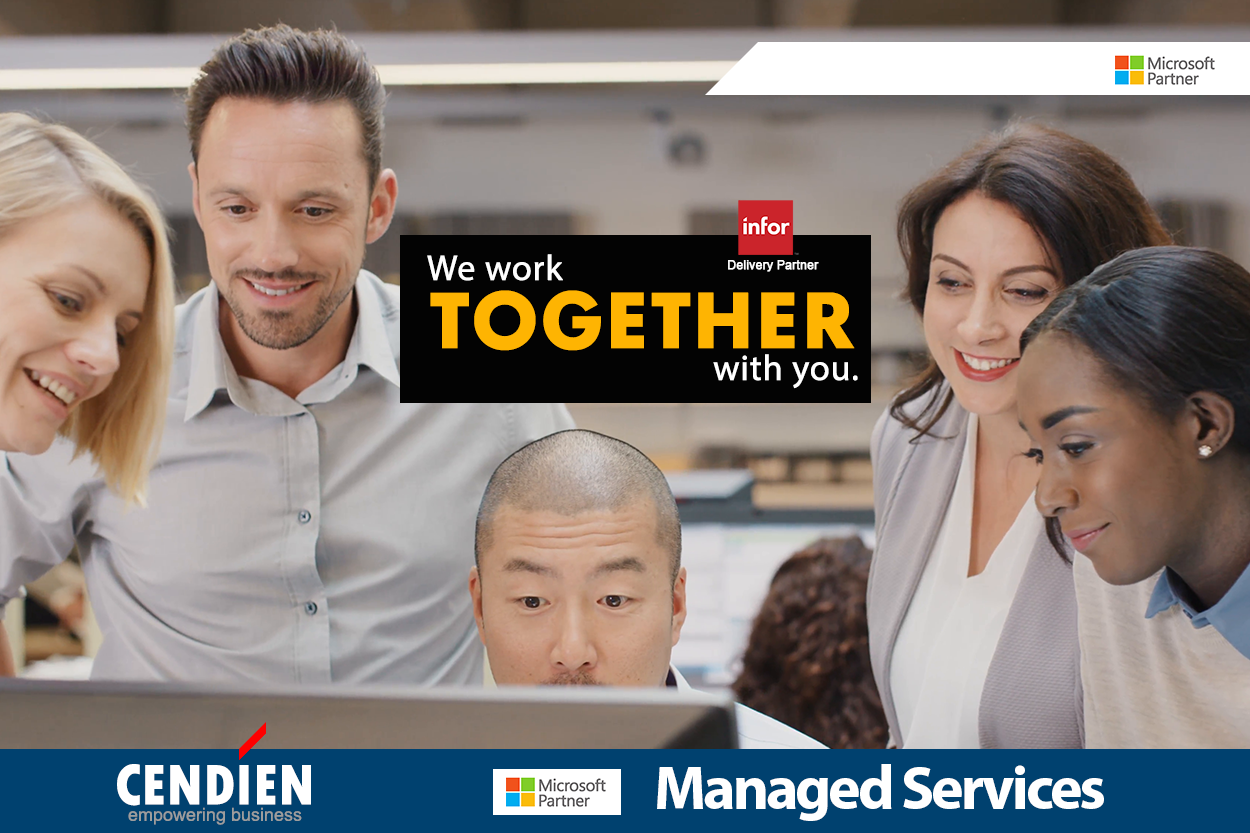When focusing on managing a business, one of the most important aspects is building and maintaining relationships. Many places know that their clients like to have and see honest, warm, and real conversations. A positive relationship between the service provider and the client has been seen over time and time again to be the most effective approach towards customer experience.
Human-centric services mean that a company, or organization is dedicated to providing their client’s tailor-made services and solving their issues through understanding their business and what they need. The Human-centric services guarantee not only a personal experience but a positive effect.
So, how does one better manage a service team anyways? Every Managed Services Provider knows that a well-supported, and productive system works the best for everyone involved. But when employees are managing several tasks simultaneously, how exactly does one stay on the path? Well, here are a couple of ideas that focus on improvement and positive outcomes.

Infor Managed Services and Consulting
There are Six different things which will make a difference.
1. Education
While the employees must be well trained, they must also know how to be aware, how to adept, curious of various things.
2. Simplicity
Everyone loves a simple program. When clients and customers know exactly what they are getting, without having to worry about shady ethics or practices, then they would be more trusting in the company’s services. Many self-service options and agent-centric tools are essential today. For example, 360 customer views, and clean accurate customer data are a necessity today.
3. Letting Go of Traditions
To succeed, companies will have to make the bold decision of letting go or traditional roles. To fully and understand what the client wants and needs to improve, they first must step aside form the management side of the work, and i8nstead, empower the supplier to perform, deliver, and report.
4. Satisfaction
It’s always important to remember that businesses do not innovate or service, it’s the people that do. For example, how employees perform daily, can affect customer service and productivity. Therefore, a more engaged and satisfied employee equals a better experience to the customers.
5. Altruism
It’s always great when a company has a ready-to-go plan for any situation. These plans can either offer new knowledge or understanding to the customer in a passive way. So, when a customer calls in, instead of getting irritated, they will receive an offer, tip, or even shortcut.
6. Empowerment
Cultivating employees’ ability to fix certain situations and make people happy, or even declining a problem customer’s unreasonable demand is what makes or breaks the employee. Loyalty is built around service and support, so why now empower them to have control over their choices and reward the great choices.


